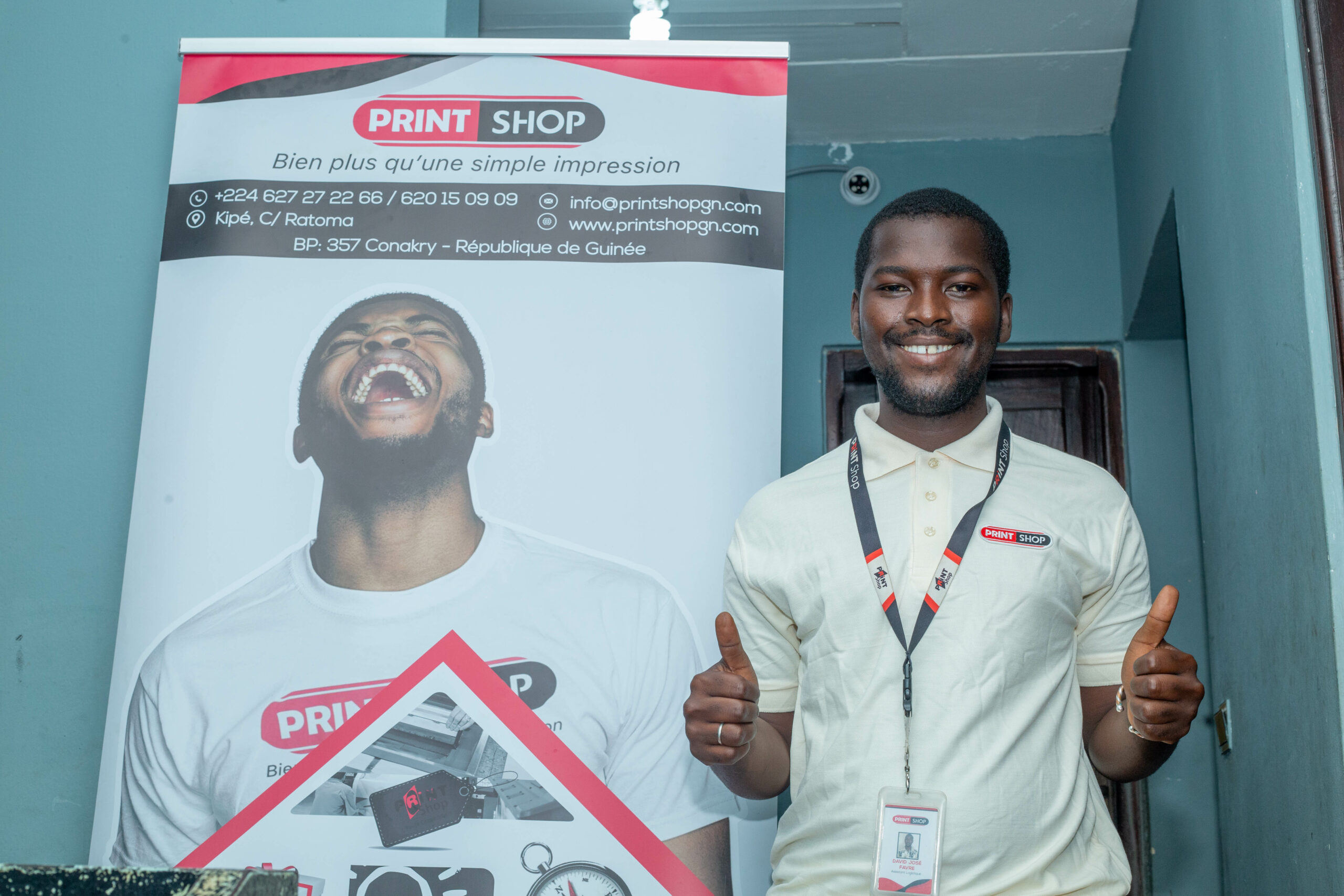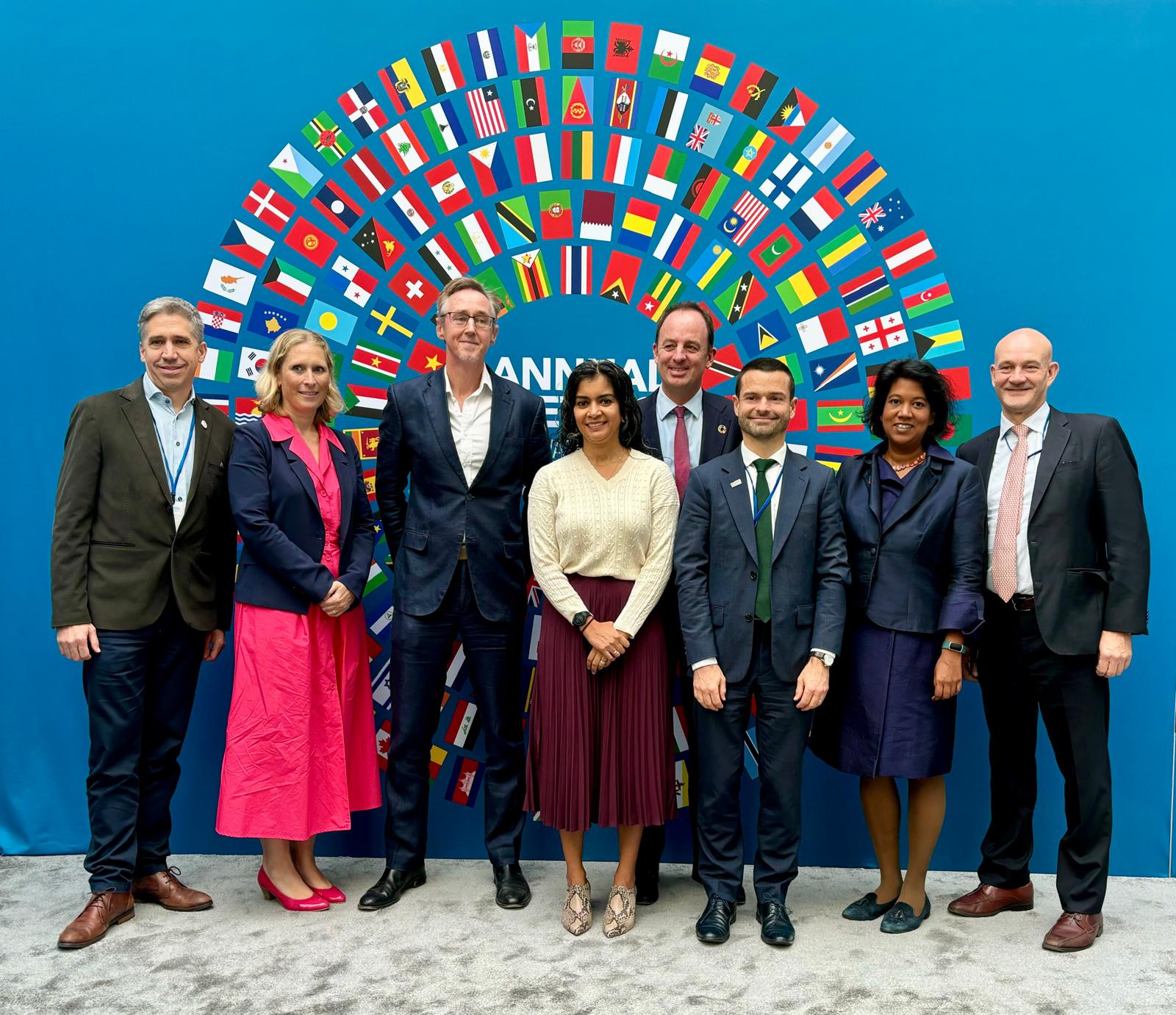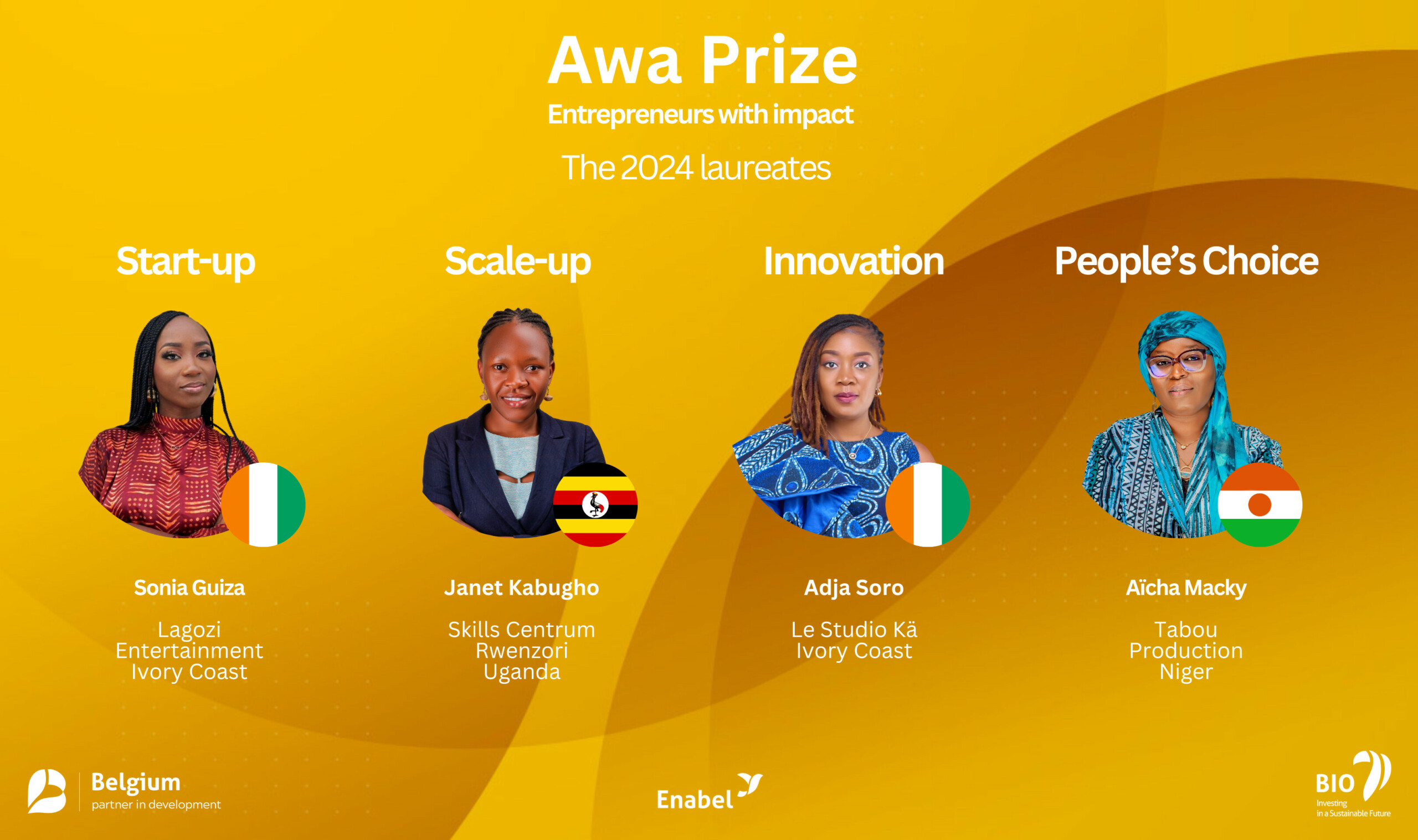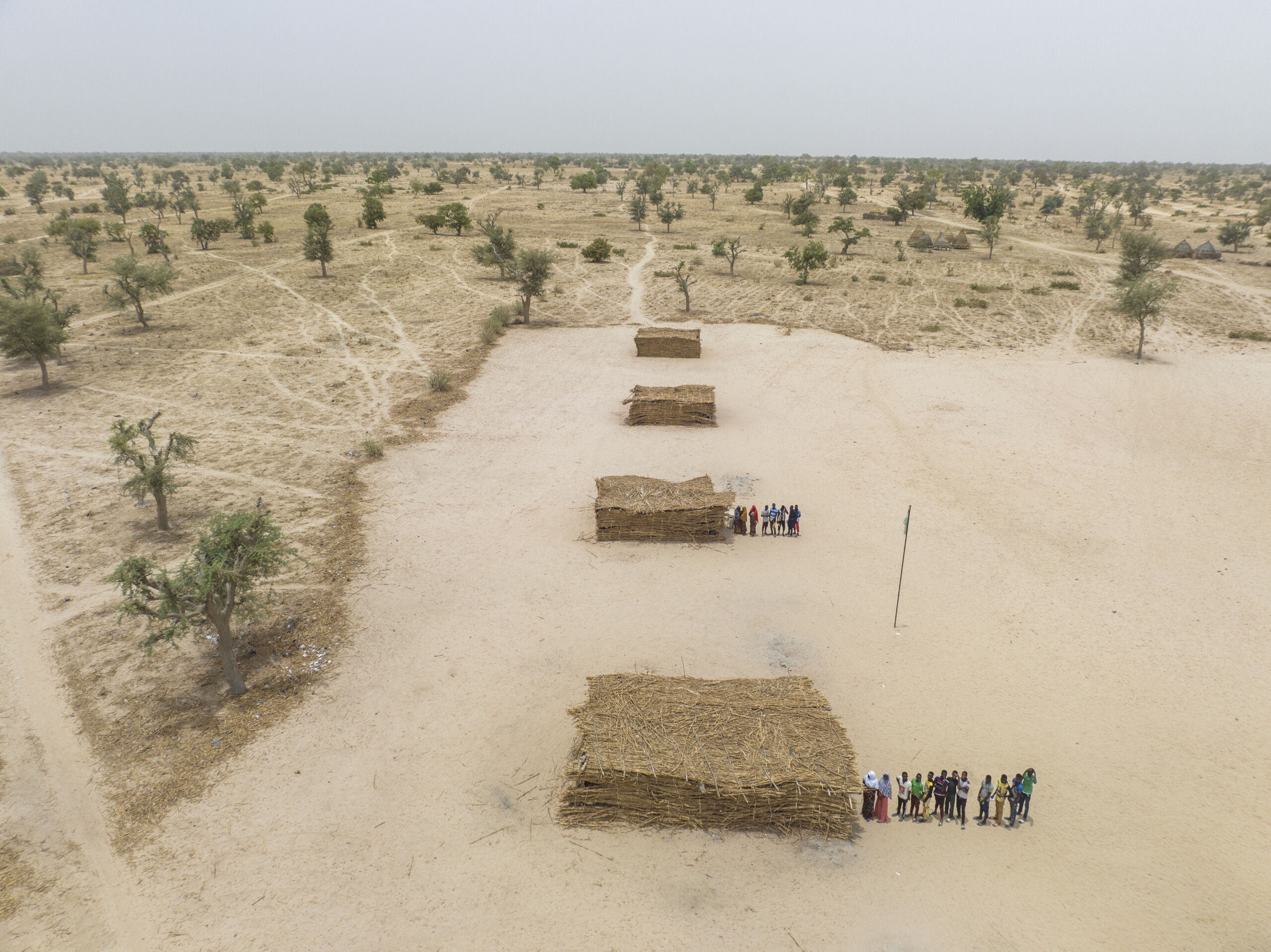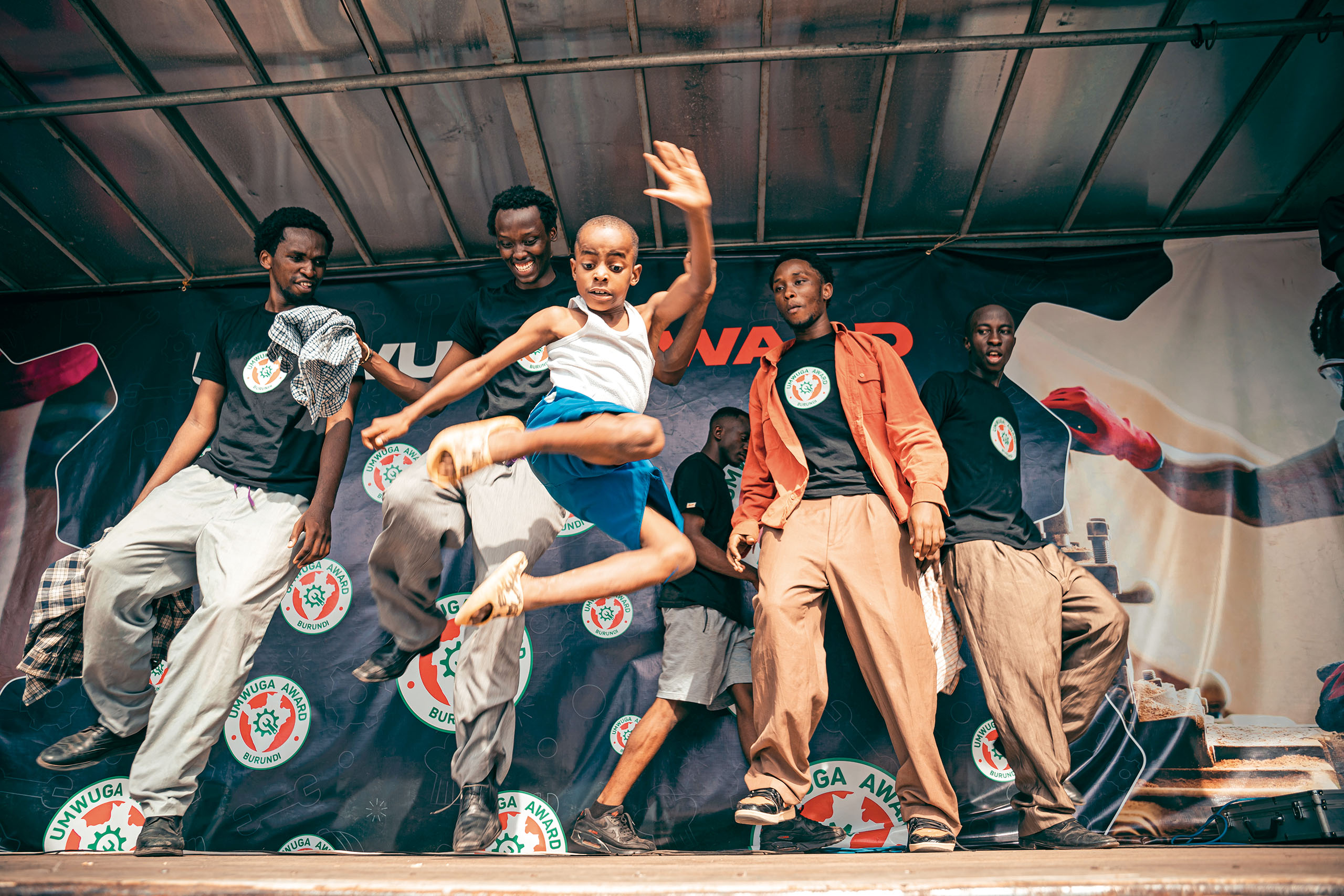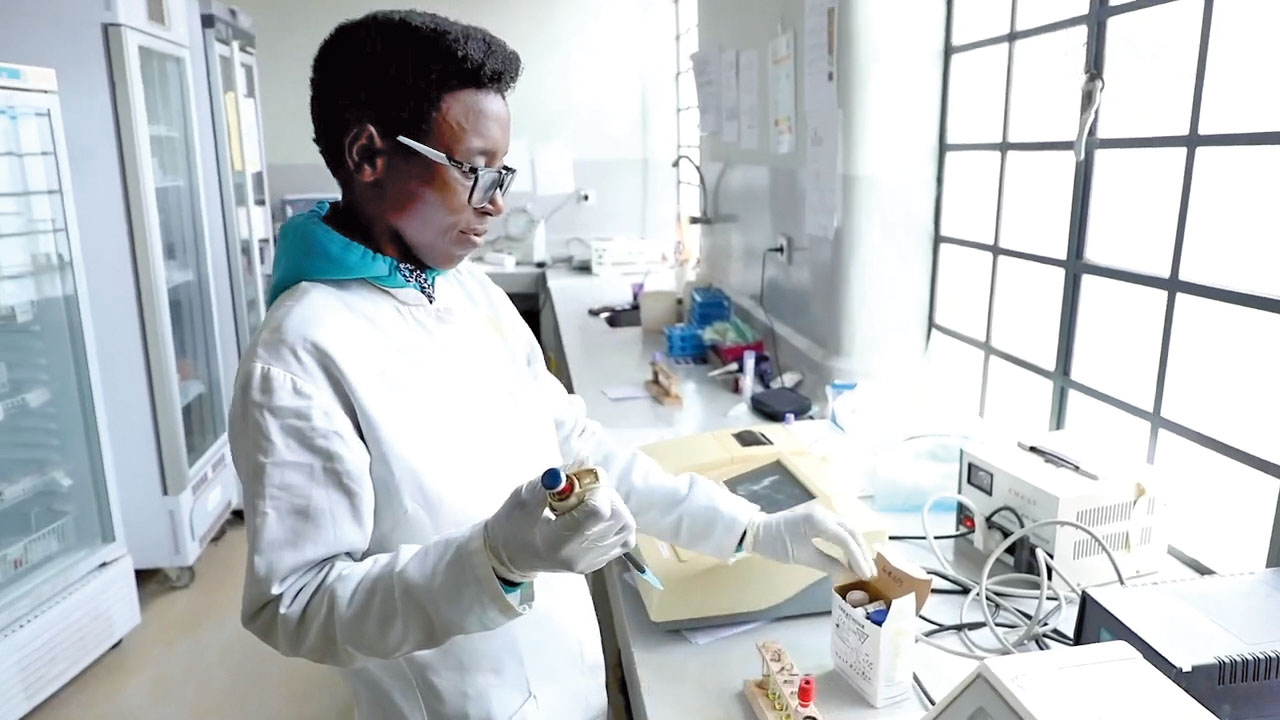Fostering the growth of emerging Guinean businesses
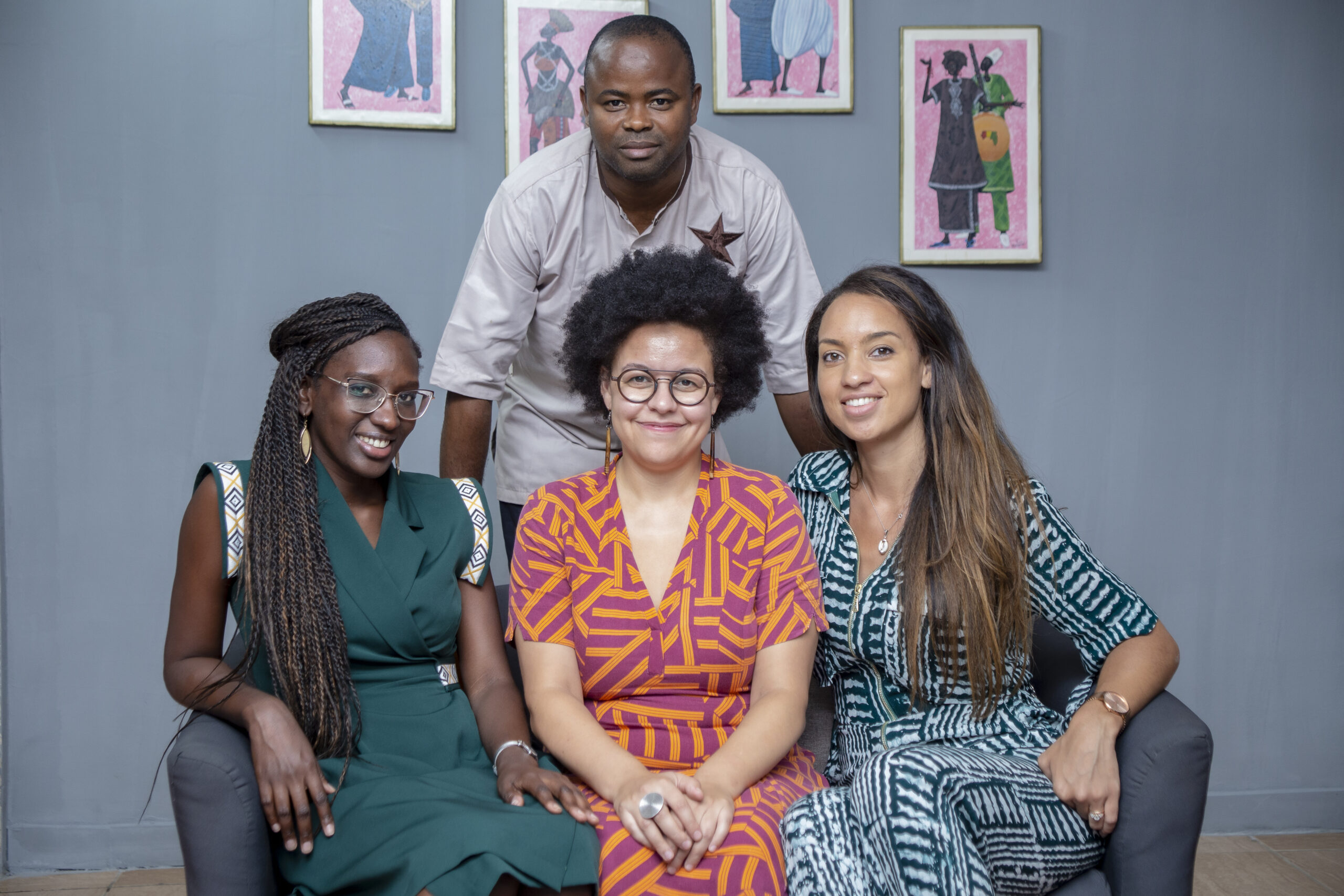
Picture: the urban entrepreneurship team from Enabel, Adélaïde on the right side.
Enabel is active in Guinea since 2016 and focuses on private sector development, among others. Its “Urban Entrepreneurship” programme aims to strengthen and professionalise Guinean businesses with a potential for growth.
Why focus on existing businesses and not on creating new ones?
Private Sector Development is at the heart of Enabel’s portfolio of projects in Guinea. Some projects are primarily focusing on creating new businesses. But with Urban Entrepreneurship we aim to strengthen the economic fabric of the cities and to create local added value and jobs.
To achieve this goal, we rely on small businesses with a potential for growth. Often these businesses have been around for several years and have developed a product or service for which there is a market. They have passed the riskiest stage, that of the first years of existence. They have a few employees and are generating revenue, but they stay put and do not grow.
The idea is to help them unleash their potential and take the next step and. To date, more than 50 companies are being supported, such as a local cosmetics trader, a travel agency offering eco-tourism tours, waste management businesses, construction companies and digital service providers of urban mobility services. The challenge is both to activate the growth levers of these businesses and to make them more resilient and competitive.
The programme started in 2019 and the ambition is to assist 150 companies by 2023 and have a tangible impact on the revenue generated by these enterprises and create jobs. Furthermore, the challenge is to be a catalyst of change in the business support ecosystem and to have a lasting impact on the promotion of entrepreneurship.
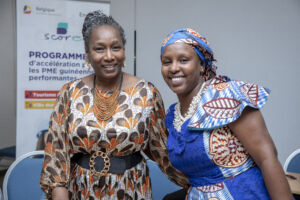
Which sectors are targeted by this programme?
To maximise impact, we have focused on three priority sectors that meet the needs of urban population in Guinea and have a high potential for value creation and employment.
The first sector targets “Sustainable City and Construction” activities. These are all companies that operate in the construction or waste management sector or are involved in one way or another in improving the urban environment. Examples include waste collection and recycling companies, public sector construction companies working with sustainable materials and an eco-friendly dry cleaner offering laundry pick-up and drop-off services.
The second sector is “Hospitality and Tourism”, with a focus on businesses that attend to the needs of Guinean customers. Indeed, there is an emerging middle class in Guinea, which is looking for local hospitality, entertainment, catering and tourism services.
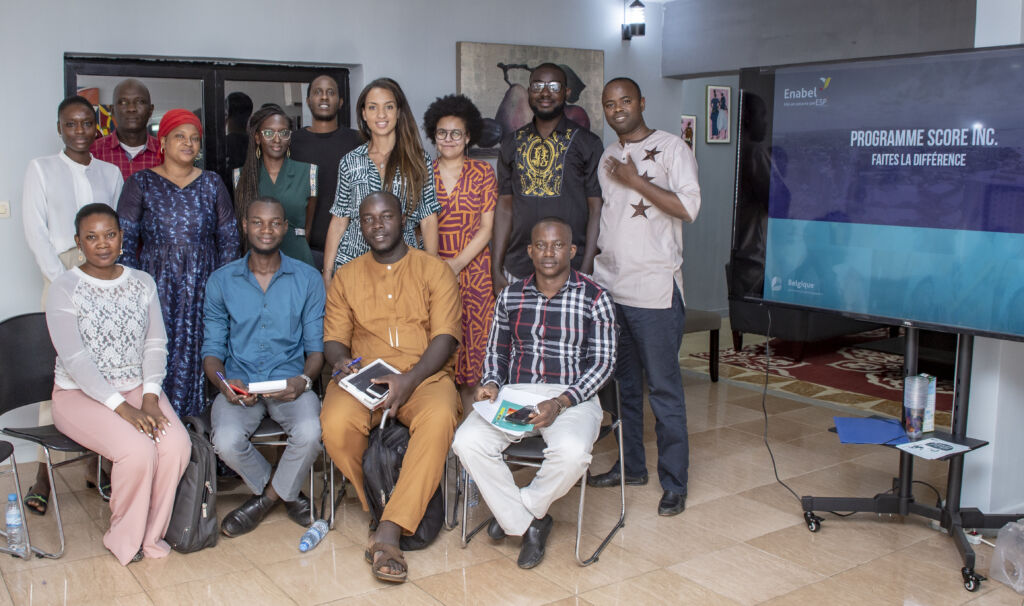
In concrete terms, what does the support you offer to these small and medium-sized businesses (SMEs) consist of?
The businesses we select have proven that their product meets a market need. However, to grow, they need to professionalise their management, improve their processes, strengthen their teams and accelerate their business development. Our job is to accompany them on this path.
It all starts with a diagnosis of the company’s needs: Where is it in terms of organisation structure? What are the possibilities for growth and business development? Is its commercial operation optimal? Are the teams well managed? Are the production processes up to standard?
Once this diagnosis is ready, we define an action plan with the entrepreneur and their team. It is a truly customised plan, adapted to the business. Once the plan is decided, we define together the objectives and the indicators that we will use to measure performance. We also have indicators to monitor the social impact of the business.
Finally, we also monitor shorter-term indicators that are linked to the level of organisation of the company: tax, accounting and legal situation, formalisation of employment and competence development. This last point is fundamental: all SMEs, at the outset, rely on the competences of their founder. The challenge of growth is stop this “one-(wo)man show” and attract new staff and develop the business with the broader team.
To give you a concrete example: We provide coaching support to “Magic”, a company that employs about 30 people and does home deliveries and offers concierge services. This type of business usually has very fragile profitability and needs operational strengthening. Many of its competitors have collapsed in recent years. We have therefore focused on improving operational efficiency, strengthening the teams and implementing the growth strategy. When we started coaching, the entrepreneur was not equipped to monitor the performance of the business daily.
Coaching enabled the company to create a dashboard for daily monitoring of purchases, absenteeism, customer satisfaction, etc. Today, after months of coaching, the business has entered a new phase of growth with activities expanded to eight of the country’s cities in addition to the capital Conakry where activity was concentrated since the creation of the business in 2017. The company is now credible and can raise funds from local financial institutions.
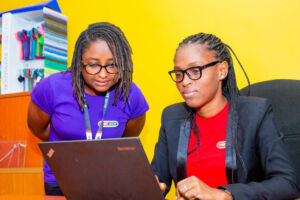
What lessons have you learned so far from this programme?
A key lesson is that it is necessary to focus from the outset on team building and recruitment support, particularly with support functions such as accounting, sales or communication.
We could already measure a positive impact on employment by the 12 companies that have been supported over the period 2020-2021, with over 15 jobs created. We are very pleased to see that these companies are hiring qualified career starters and allow them to be trained and grow as accountants, communicators or salespeople.
With that support job dynamic launched, we want to position ourselves in the same way for technical jobs. For example, we have noticed major challenges in the maintenance and servicing of machines. Our next challenge is to work on this theme.
Another lesson concerns the profile and needs of women entrepreneurs. In general, they run companies that offer quality products or services that differentiate them from the competition. For instance, Les Roses de Marie offer shea butter products in small popular packaging, Blue Cleaners proposes a biodegradable linen-care product, Yogo sells local (hibiscus flower, baobab fruit) yogurt.
Yet, women entrepreneurs are more likely to have to combine their business activity with another job; they are also more likely to have to manage their business from a distance for family reasons. The programme takes this into account.
